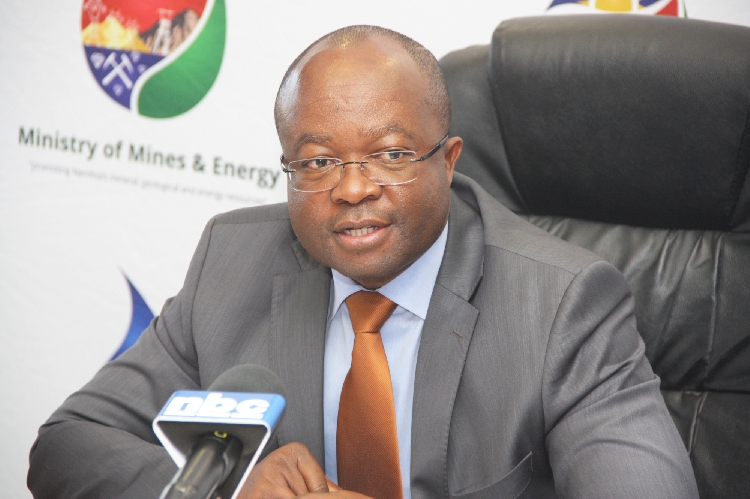Tujoromajo Kasuto
Obeth Mbuipaha Kandjoze, Director General of the National Planning Commission,says that undertaking exploration to extract oil is not cheap, and the equipment required is expensive, and mostly only people with great wealth are able to invest in it as there is initially no guaranteed discovery and revenue.
He explains that large sums of money are required to have a chance of making a discovery. “Up to N$ 300 million for exploratory work and N$ 1.5 billion for a single well. Once the discovery has been confirmed, three to four additional wells are required to determine whether or not the discovery is commercially viable.”
He goes on to say that around N$ 30 billion has been spent on oil exploration since independence, and that “no one would cheer any sitting President to continue spending such sums of taxpayer’s money without the prospect of discovery.”
While we are only considering the Shell and TotalEnergies discoveries, he claims that such triumphs have been preceded by massive losses in around 30 wells since 1990.
Kandjoze also believes that the Namibian government could play the role of investor if it could raise the billions of dollars needed to complete all of the work required, from exploration to extraction, because Namibia’s constitution classifies the country as a mixed economy, not a communist one.
As an investment destination, he affirms that private companies, even if they have discovered oil, must be treated in accordance with the law.
Even more so given the large sums of money invested in the venture and the risks they have faced.
“These discoveries should pique our interest. We need to be extremely pragmatic as a country, and we should consider the value that will accrue to Namibia once the oil is sold “Kandjoze adds.
This is revealed in an opinion piece following the announcement of oil discoveries by Shell Namibia Upstream B.V. and TotalEnergies in February 2022.
Unfortunately, he says, public discussions have been less than tangible, and he clarified President Hage Geingob’s statement during an interview with Aljazeera shortly after the announcements by the companies that own the exploration licenses.
In response to a journalist’s question, Geingob clarified that the oil belonged to those who had the right to extract it on a majority shareholding basis.
Logically, the President’s point is that the government would extract royalties/taxes from companies for national development.
The President’s clarification sparked an unnecessary uproar, with some claiming that the government was not acting in the best interests of the country.
Kandjoze responds by pointing out that this viewpoint contradicts reality. “Our planning initiatives show the progress we’ve made as a country. Nonetheless, it is critical to locate the ownership debate. The discoveries in question were followed by intensive drilling operations in two wells located 300 kilometers southwest of Lüderitz in some of the world’s deepest waters.”
As a result, he shares the issues at hand. A cursory review of the relevant legal instruments is essential for a shared understanding of the distinctions between ownership on the one hand and rights and obligations on the other.
We will do ourselves a disservice if we do not provide clarity to citizens regarding the issuance of petroleum exploration licenses to oil companies.
Without a doubt, Article 100 of the Namibian Constitution states that all resources within Namibia’s borders, including oil and gas, belong to the Namibian people.
However, the Constitution goes on to state that such ownership must be exercised within the confines of the law, including duly signed agreements between the State and third parties.
President Geingob, mindful of Article 100, addressed the issue of Shell and TotalEnergies within the framework of duly signed agreements between the State and these third parties.
There is an explicit agreement between the State and License Holders (to whom rights and obligations are conferred) in exchange for the State sharing the upside in the event of discoveries.
License holders must search for petroleum, extract it once discovered, and pay taxes/royalties to the state, all while retaining the right to pay for investments and profit from risks taken.




